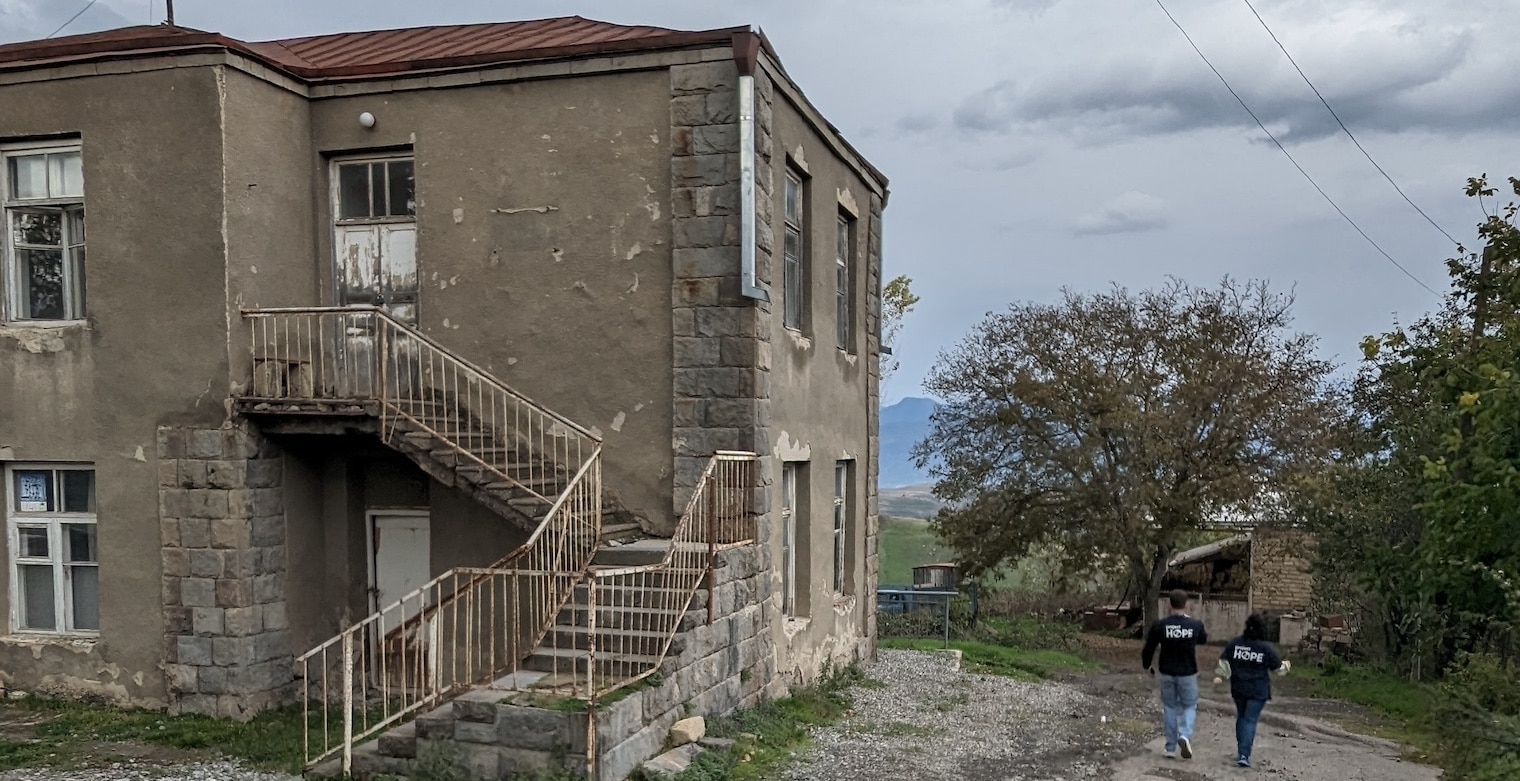
Conflict in South Caucasus: How Project HOPE is Responding
The conflict between Armenia and Azerbaijan has displaced nearly all ethnic Armenians from the Nagorno-Karabakh region. Get the latest facts on this humanitarian crisis and learn how Project HOPE is responding.


